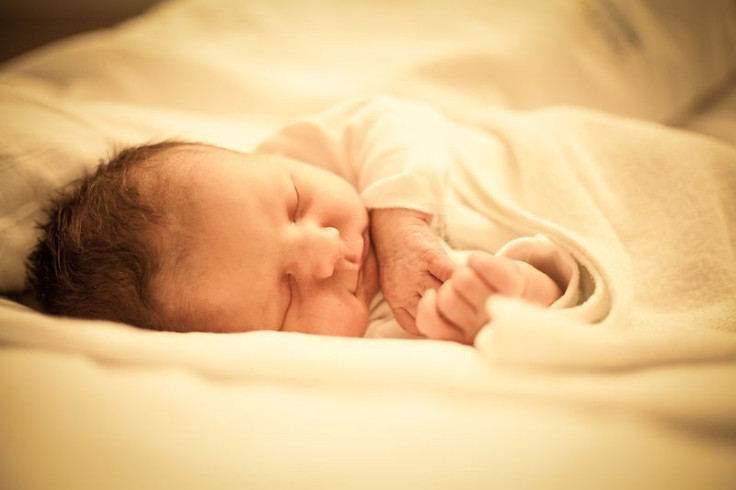Intersex Campaigners Call on UK to Create 'Third Sex'

Campaigners are calling for the UK government to follow Germany's example and allow newborn babies to be registered as male, female or an indeterminate sex on birth certificates, to acknowledge intersex people.
Intersex awareness groups say the move would be a significant step towards confronting one of the few remaining human rights taboos.
An estimated one in every 2,000 babies is born with an intersex condition - equivalent to 30,000 people in the UK population.
In November, Germany became the first European country to allow parents to leave the sex of their child blank on their birth certificate. This created an indeterminate sex for children who are born with both male and female characteristics.
Now intersex campaigners in the UK are calling on the government to follow suit.
Four women from the campaign group Intersex UK are lobbying the Government to help their fight to recognise an indeterminate sex. They are also campaigning for the UK to enforce the UN Special Rapporteur on Torture, which earlier this year condemned non-consensual surgery on children to "fix their sex", which it said could cause "permanent, irreversible infertility and severe mental suffering".
The women were all born with androgen insensitivity syndrome (AIS), which means they have XY, or male, chromosomes, but are either partially or completely insensitive to the sex hormone testosterone. XY chromosomes usually cause male sex organs to develop. But as people with AIS are insensitive to testosterone the testes usually remain inside the body. Depending how insensitive a person with AIS is to testosterone, they may look male, female, or have both male and female characteristics.
Holly Greenbery of Intersex UK told The Independent on Sunday: "Most intelligent human beings would be completely surprised and utterly dismayed at the civil inequality and human rights abuses that healthy intersex children and young adults are facing."
Being assigned to either male or female sex can mean that intersex people are denied the right to marry and can face difficulties if they decide to adopt a child.
This is quite apart from the trauma that surgery to assign a sex, which in the past took place with parental consent, can cause. One witness at a German hearing on the intersex ruling said his surgery had made him feel like "a patchwork creation of surgeons" and that he had been "living with the pain ever since".
Elizabeth Jo Roberts, a 29-year-old intersex woman from Edinburgh, said intersex people should not be made to feel bad about themselves.
"Social change takes years to happen, but we should be living in a society where people don't feel bad about their identity because they have chromosomes that are variations on the norm. They should have freedom to express themselves."
© Copyright IBTimes 2025. All rights reserved.



















